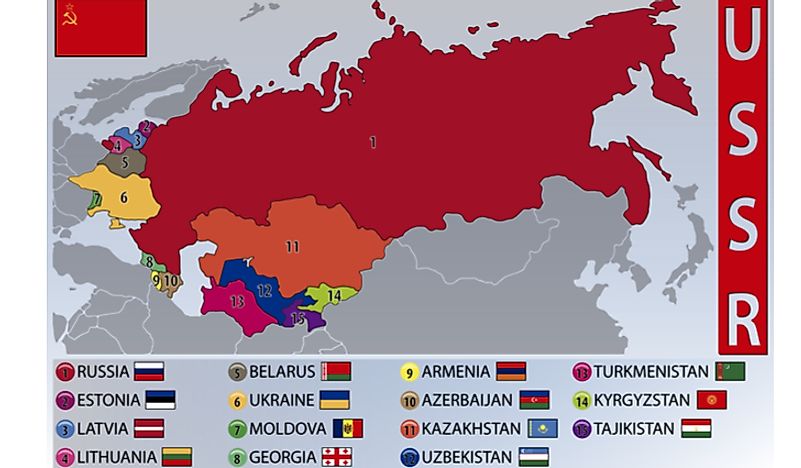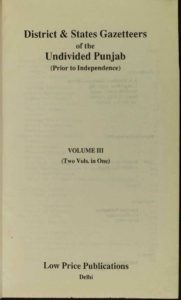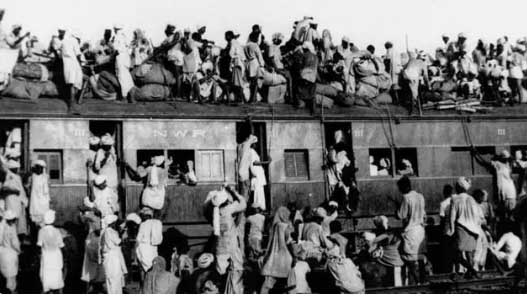Russia-Ukraine War: Lessons for Panjaab, India and Pakistan
Russian military aggression on Ukraine, a newly emerged independent state, a people and nation: has wide ramifications for other nations and peoples subject to the pressures and demands of overbearing, rogue, supremacist states. Not least for the East Panjaab and India super-state relationship. British activist and WSN columnist Jagdeesh Singh links the current war to the relationship, historical reference and complexities between huge super states and nationalities seeking recognition in the context of Panjaab, India and Pakistan.
![Russian military aggression on Ukraine, a newly emerged independent state, a people and nation: has wide ramifications for other nations and peoples subject to the pressures and demands of overbearing, rogue, supremacist states. Not least for the East Panjaab and India super-state relationship. British activist and WSN columnist Jagdeesh Singh links the current war to the relationship, historical reference and complexities between huge super states and nationalities seeking recognition in the context of Panjaab, India and Pakistan. After decades of […]](https://www.theworldsikhnews.com/wp-content/uploads/2022/03/Russia-Ukraine-war-360x266.jpg)
After decades of subjugation and oppression by the overbearing, over-sized, boisterous Russian superstate formed in the early part of the 20th century; Ukraine finally broke free, becoming formally independent on 1st December 1991.
Many other subjugated territories, also, became free in a chain of newly independent states emerging, as part of a chain domino effect – the break-away states.
This process of disintegration of the once all-powerful, indomitable, unrelenting, dogmatic Union of Soviet Socialist Republics (USSR), led and centred on Russia (the most dominant part), took place over a period and process between 1989-1991.
It was largely precipitated or triggered, by the substantial reforms on power concentration and the authoritarian power grip, which Mikhail Gorbachev as a new kind of visionary personality brought to the affairs of the Russian monolithic state.
His receptiveness to change, decentralisation and sharing of power; seemed to have created an organic river effect. Once suppressed and repressed states now felt the ability and confidence to speak up and vocalise their long-suppressed desire for self-determination.

Ukraine, which had long had an active pro-independence movement, over previous decades; now felt able and ready to make a stand for its independence. This was not only recognised by much of the world’s states but not resisted or denied by the USSR anymore. The USSR had now changed forever internally. away from the authoritarian, hostile, repressive force that it long was for decades. Fundamental change comes, often very slowly, but then like a gushing river!
Under Mikhail Gorbachev, the world saw a wholly different kind of Soviet leader. Willing to change. Open to democracy. Open to independent states. Ready to engage with the West.
This generated a mighty ‘independent, democratic momentum’, which caused the long subjugated Soviet regional, internal states to now break open with individual declarations of independence. Armenia, Moldova, Lithuania, Estonia, Latvia, Uzbekistan, Turkmenistan, Kyrgyzstan, Georgia, Ukraine, Aberjain, Kazakhistan, Tajikistan: were all amongst the many new states emerging on the international, global map; from the old unchanging USSR.

This flux of new states, emerging from the old overarching single state structure; was and remains a powerful lesson for world affairs and for similar over-sized, power-obsessed, top-heavy states like India, Pakistan, Iran, Saudi-Arabia and Brazil.
So what has all this got to with Panjaab, Kashmir, Baluchistan, Manipur, Tamilnadu and so forth?
History and current affairs have cogently demonstrated that states and empires are never eternal! They all rise, fall, expand, shrink, fragment or disappear into new states.
When Russia marched into Ukraine some 7-days ago; both India and Pakistan remained passive and non-critical of Russia’s actions. Instead, appeasing and siding indirectly with the Russian aggression.
The once indomitable, global British empire, which covered a third of the global map: is today completely gone, except for a few decimated island territories. Obsession with power is neither healthy nor humanitarian. Nor progressive nor democratic.
The awry, unequal, undemocratic and oppressive relationship between tiny East Panjaab and mighty India, and similarly East Panjaab and monstrous Pakistan: epitomises the same perverse power relationship that we have seen with Russia and its former lost grip on the regional nations and peoples.
With the current invasion of Ukraine, though much reduced territorially compared to before, the Russian elitist state is now trying to restore and reclaim some of its past monstrous power. Vladimir Putin, the dictator of Russian power, is trying to be the champion of a resurgent, militarily powerful former Russia.
The very same power and territorial relationship can be seen in the ebb and flow of India and its regional internal peoples and nations, and that of Pakistan. This is the story of superstates, and their insatiable desire to be superior, dominant, overbearing and in control at all times. These states are intolerant and obsessive.
For now, unlike Ukraine, Panjaab remains in the grip of both India and Pakistan. The slow excruciating, painful, torturous journey to independence, continues at a growing pace.
 Both in their simultaneous creation, side by side, in 1947 and in their functionality ever since; India and Pakistan have proven to be a direct continuation of the stolen, subjugated mass power accumulated and centralised into the British Indian empirical mega-state (the same territory as around 28-independent states of western Europe). India and Pakistan were deliberately created in collusion with the Indian and Pakistan political elites, collaborating neatly with the outgoing British imperialists, in the expectation of being handed over mass power to continue in their place. For Britain, a quick exit, by handing over power to two territorial blocks, however undemocratically, with the new brown masters taking over in their place was the best practical solution in the circumstances. Creating artificial boundaries, partitions, carve ups was all an efficient way of transferring power to the elite groups.
Both in their simultaneous creation, side by side, in 1947 and in their functionality ever since; India and Pakistan have proven to be a direct continuation of the stolen, subjugated mass power accumulated and centralised into the British Indian empirical mega-state (the same territory as around 28-independent states of western Europe). India and Pakistan were deliberately created in collusion with the Indian and Pakistan political elites, collaborating neatly with the outgoing British imperialists, in the expectation of being handed over mass power to continue in their place. For Britain, a quick exit, by handing over power to two territorial blocks, however undemocratically, with the new brown masters taking over in their place was the best practical solution in the circumstances. Creating artificial boundaries, partitions, carve ups was all an efficient way of transferring power to the elite groups.
The formation and accumulation of the British Indian colonial empire were never about democracy, fair play, rules and principles and about protecting life. It was the exact opposite. And, certainly, in its crude exit strategy; the British elite were not going to suddenly become principled and ethical.

Former countries like Panjaab were now going to be destroyed and devastated even further. The biggest genocidal partition in human history, of 1-2 million Panjaabi civilians. An even bigger mammoth displacement of 10-million; again unprecedented.
Divided, broken, bleeding Panjaab would now be a further victim of new imperialistic structures; put into place by the outgoing British who had bled and thoroughly exploited Panjaab since conquering it in 1845. India and Pakistan as two rather illegitimate children of the empire, would now take over and do continuing damage and oppression to Panjaab, and many more regions and peoples across South Asia.
This is how the story of Ukraine and Panjaab, and India, Pakistan and Russia is so similar and common. Power, control, subservience, Indianisation, oppression, exploitation and genocide. The rising feelings of resistance and opposition to this rogue Indian and Pakistan continue to be seen in the rising wave of enduring protests, dissent and open revolt in both territories. The suppressed country of Panjaab is not least of a snapshot and beacon of that resistance and hope for independence and self-determination.
Both in their simultaneous creation, side by side, in 1947 and in their functionality ever since; India and Pakistan have proven to be a direct continuation of the stolen, subjugated mass power accumulated and centralised into the British Indian empirical mega-state (the same territory as around 28-independent states of western Europe).
For now, unlike Ukraine, Panjaab remains in the grip of both India and Pakistan. The slow excruciating, painful, torturous journey to independence, continues at a growing pace. Significantly and pertinently, when Russia marched into Ukraine some 7-days ago; both India and Pakistan remained passive and non-critical of Russia’s actions. Instead, appeasing and siding indirectly with the Russian aggression.
As Panjaabis, let us look around the world map, to the events and developments of other peoples and nations. Let us watch and learn from the Ukraine experience. Let us understand our place in the geopolitical matrix, and seek to forge our place of empowerment and statehood. Let us prepare for our optimistic future!
